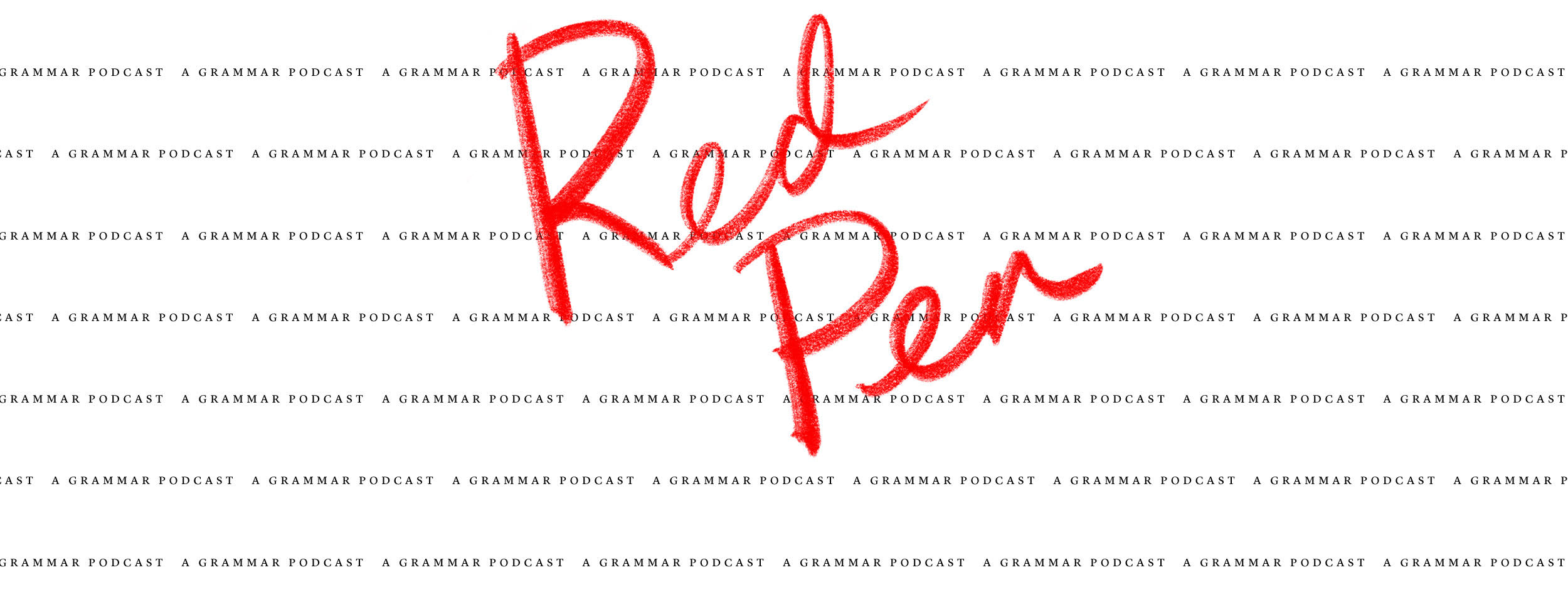Sign up for The Media Today, CJR’s daily newsletter.
LISTEN NOW: Apple, Spotify, Google, or wherever you listen to podcasts
There’s a famous scene from the final season of The Wire—y’know, The One With the Newspeople—where cub reporter Alma Gutierrez, new to the show’s (thinly) fictionalized version of the Baltimore Sun, receives a crash course in the paper’s lofty lexical standards:
“Gutierrez!” her editor shouts across the newsroom, a hive of bustling activity, all clacking keys and ringing landlines. “You say that a hundred and twenty people were ‘evacuated.’ You can’t evacuate people. I mean, you can if you want, but that’s not what you wanna say here.”
Alma lowers a pair of dubious eyebrows, but now overnight copy editor Jay Spry—a (thinly) fictionalized version of the Sun’s “rewrite man to the world”—cuts in. “A building can be evacuated,” Spry informs her. “To evacuate a person is to give that person an enema. The details, Miss Gutierrez. At the Baltimore Sun, God still resides in the details.”
Would that that were so. In point of fact, by 2008, when season five of The Wire aired on HBO, the Sun was tightening its belt for a round of layoffs that would reduce its newsroom staff by some 20 percent—the latest cutback in a trend that had begun, in the mid-nineties, with the shuttering of various foreign bureaus (the last of which would also close in 2008) and that would only continue in the years to come. If the Sun even had any copy editors left, good folks dedicated to finding God or the devil in the details, it certainly wasn’t about to hire any more.
I know this because I lived just up Calvert Street from the Sun offices in 2008, and had tried to get a job there. Nothing doing. Instead I took my talents, such as they were back then, to DC and The Hill, which, being in essence a trade paper for congresspeople and their staffers, was somewhat more insulated from the vagaries of the floundering industry. From my new perch I could’ve told you that the portrait painted by The Wire was quaint even for the time—the copy desk at The Hill comprised all of two people, and this newsroom was less His Girl Friday and more, to quote a cherished colleague, “the morgue”—which makes sense when you consider that showrunner David Simon was thinking back to an even earlier era, to his own time at the Sun, early eighties to mid-nineties.
And as it turns out, The Wire’s “evacuation” exchange was based on a real-life dressing-down Simon got from the real-life Jay Spry—which we know because the scene caused a minor dust-up online upon the debut of season five, with Simon forced to concede that the hidebound definition his show had prescribed might have been “an anachronism,” the result of his wanting to pay “homage to a wonderful newspaper character” of a type that had all but vanished by the end of the aughts.
From today’s vantage, that a cable premiere could cause a “copyediting scandal” makes it doubly quaint: one imagines families rallying around the cathode-ray tube at precisely 9pm in much the way a radio set had once gathered them for a fireside chat, thereon to debate among themselves (for this was the way, in the days before Web 2.0) whether Simon’s characters had erred on this finer point of English usage. In 2022, solecisms so festoon the internet that to call attention to them is hardly worth the effort; and the newspaper is in such a sorry state that mentors like Simon’s legendary rewrite man hardly exist.
This presents a dilemma for the modern student or practitioner of journalism. In the absence of seasoned mentors, fastidious overseers, this person is expected to cut the grammatical mustard more or less all on her own. Hulking monoliths like the Times or Post—the sorts of places where you needn’t even give the city for people to know what you’re referring to—might still staff up robust copy desks, but this is demonstrably not the case for the smaller outlets where, after all, reporters aspiring to the Times or Post cut their teeth. (QED: The Columbia Journalism Review, whose remit it is to act as a kind of media watchdog, employs… well, just me.) If they have a Jay Spry, he’s in all likelihood overworked beyond the point of providing much in the way of guidance to inquisitive cubs, even if the lesson lets him crack a fun joke about butt stuff.
That’s where Red Pen enters the picture, serving up object lessons on syntax and style with style, and in a way that won’t put you to sleep. My cohost, Ryan Davis, and I trawl the wide world of newspapers, magazines, novels, poetry, film, music—pretty much anything you might file under the wide banner of culture—and digressions aren’t just permitted, we demand them. If you’ve made it to this point in this post, and have been wondering about the possible overuse of alliteration—lofty next to lexical, really?—an overreliance on cliché—cinching proverbial belts, cutting proverbial mustard—mixed metaphors—do people file things under banners?—whether certain words were used correctly—comprise?—or if it’s permissible to lard a sentence with more than a pair of em dashes—you’re in the right place. NPR-voice, now: Come join us, won’t you?
Find Red Pen wherever you get your podcasts, or click to subscribe via Apple or Spotify.
Has America ever needed a media defender more than now? Help us by joining CJR today.



